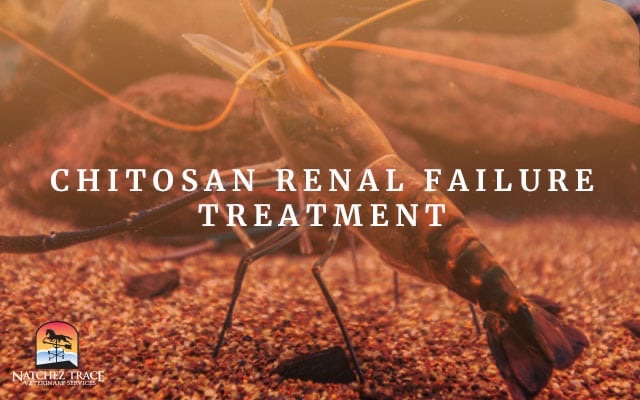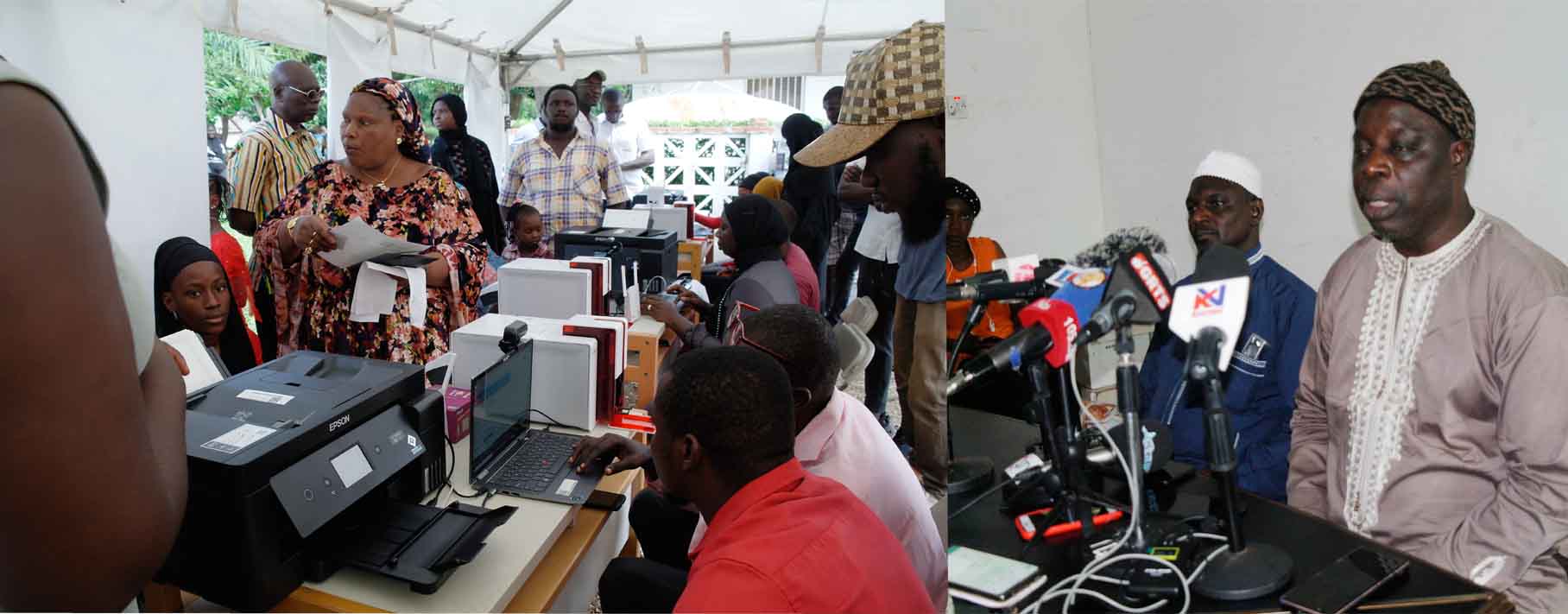By Yunus S Saliu
Observing World Malaria Day, on Tuesday, 25th April 2023, Dr. Charity Binka, Executive Secretary of the African Media and Malaria Research Network (AMMREN) has warned that the fight against malaria is far from over, saying malaria is preventable and treatable, but “still a disease of a global health threat, accounting for the death of thousands of people, particularly children in sub-Sahara Africa.”
Celebrating this year’s Malaria Day worldwide under the theme ‘Time to Deliver Zero Malaria: Invest, Innovate and Implement,’ she therefore, used the opportunity to again call for collective efforts from governments, communities, and individuals to eliminate the disease.
Dr. Bajinka in an issued press release stated that the WHO estimated that there were about 619,000 malaria deaths globally in 2021 with as many as 247 million malaria cases.
“According to the WHO, sub-Saharan Africa alone accounted for 95% of all malaria cases and 96% of all deaths. Children under 5 years accounted for about 80% of malaria deaths in Africa.”
She noted that there are currently enough malaria interventions to eliminate the disease this includes, the use of Insecticide Treated Nets (ITNs), Indoor Residual Spraying, Larvae Source Management, and the Malaria Vaccine. “With the availability of such interventions, there is no reason why malaria should continue to be a major public health challenge in many parts of the world, needlessly claiming lives, particularly in sub-Saharan Africa,” the AMMREN Executive Secretary stated.
“The theme for World Malaria Day is another reminder that the need to invest more in malaria prevention and treatment is essential to control the spread of the disease and to reduce its impact on individuals, families, and communities. This includes funding for the development and deployment of new tools such as vaccines, insecticide-treated bed nets, and anti-malarial drugs, as well as strengthening health systems and improving access to quality healthcare for those who are affected by malaria,” she explained.
While noting that the fact that malaria has been around for so long and yet cannot be defeated calls for more innovation in the use of current tools and the introduction of new ones to tackle the challenges posed by the disease. New and better tools are needed to prevent and treat the disease, particularly in areas where the parasite is becoming resistant to current treatments. Research and development of new technologies and strategies, including new drugs, diagnostics, and vector control methods, are essential to stay ahead of the evolving threat of malaria.
However, she said it is not enough to have the tools to fight malaria, as it is equally important for countries to ensure the effective implementation of malaria interventions to reduce the burden of the disease. This includes ensuring that malaria prevention and treatment programmes reach the most vulnerable populations, including pregnant women and children under five, and that interventions are tailored to the specific needs of different regions and communities. Governments, international organizations, civil society, and the private sector must work together to invest in malaria prevention and treatment, innovate new tools and strategies to combat the disease, and implement these interventions effectively to reduce the burden of malaria globally, she urged.
“Eliminating malaria requires a collective effort from governments, communities, and individuals around the world. As we observe the 2023 World Malaria Day with the theme “Time to Deliver Zero Malaria: Invest, Innovate and Implement”, it is important for all of us to take action towards the goal of malaria elimination,” she added.
Dr. Binka advised the governments to increase funding for malaria prevention and treatment programmes while Malaria endemic countries must strengthen health systems to improve access to quality healthcare services for all, including those in remote areas. And also governments should collaborate with international organizations and private sector partners to innovate new tools and strategies to combat malaria, implement policies and programmes that target the most vulnerable populations, such as pregnant women and children under five years old, and as well strengthen surveillance and response systems to detect and respond to malaria outbreaks quickly.
AMMREN, she said, believes that malaria can be eliminated, “Let’s invest, let’s innovate and invest. Together we can make history!!!”
About AMMREN
The African Media and Malaria Research Network (AMMREN) is a registered non-governmental organization made up of a network of African journalists and scientists working together towards the control and elimination of malaria. Established in 2006, AMMREN is based in Accra, Ghana. AMMREN has chapters in other countries and has over the past 17 years been actively involved in media advocacy for the elimination of malaria and other diseases on the African continent.



